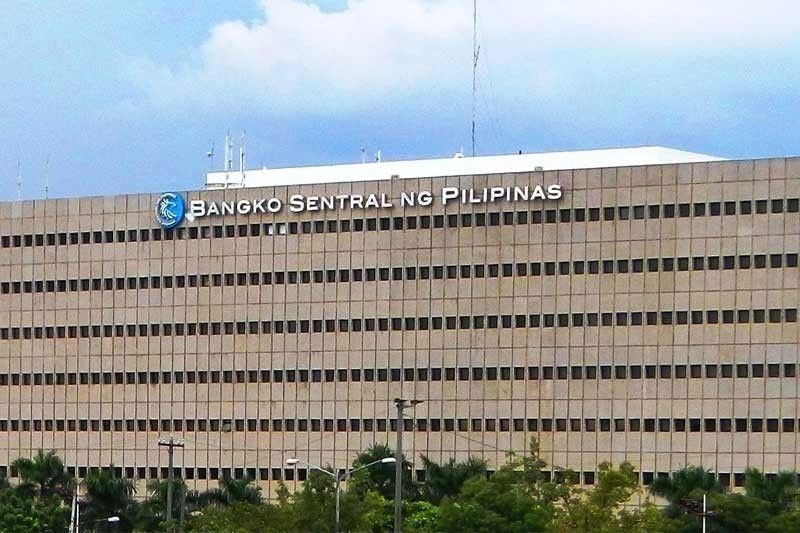Too big to fail banks told to prepare recovery plans

MANILA, Philippines — The Bangko Sentral ng Pilipinas (BSP) has directed too big to fail banks to submit concrete and reasonable recovery plans in case of a breach in capital requirement amid the uncertainties brought about by the raging pandemic.
BSP Governor Benjamin Diokno said the Monetary Board approved the amendments to the guidelines on recovery plan of domestic systemically important banks (D-SIBs) under the Manual of Regulations for Banks.
Diokno said the directive refers to requiring too big to fail banks to separately submit their Internal Capital Adequacy Assessment Process (ICAAP) document and recovery plan.
“The broad aim of the policies is to reduce the probability of failure of D-SIBs by increasing their going-concern loss absorbency and to reduce the extent of failure of D-SIBs on the domestic or real economy,” the BSP chief said.
Diokno said the regulator would review the recovery plan as part of the overall supervisory process for too big to fail banks, focusing on assessing the plan’s robustness, credibility and ability to be effectively implemented.
The regulator wants to make sure that its capital adequacy framework is consistent with the documents issued by the Basel Committee on Banking Supervision on global systematically important banks (G-SIBs) and D-SIBs by adopting policy measures for too big to fail banks.
Diokno said the separate recovery plans due June 30 next year should include guidelines and action plans to be taken to restore the financial condition of D-SIBs to viable level in case of significant deterioration in certain scenarios.
“This shall include specific initiatives appropriate to the bank’s risk profile such as capital raising activities, streamlining of businesses, restructuring and disposal of assets, to improve capital position,” Diokno said.
Banks hold sufficient high-quality liquid assets (HQLAs) that can be easily converted into cash to service liquidity requirements over a 30-day stress period.
This is on top of the required 100 percent regulatory threshold for liquidity coverage ratio (LCR) introduced in March 2016 and the net stable funding ratio (NSFR) launched in June 2018.
Banks are required to submit ICAAP outcome and potential measures to address capital needs every year to feed in without delay in the recovery plan, ensuring the processes and information are consistent and up to date.
Philippine banks are faced with slumping earnings, higher bad debts and non-performing loans and more provision for soured loans due to uncertainties brought about by the COVID-19 pandemic.
However, Diokno reiterated the country’s banking system remains sound and stable amid the global health crisis.
“As of end-2020, the Philippine banking system has exhibited sustained growth in assets, adequate liquidity buffers, strong capital position and ample loan loss reserves,” Diokno said earlier.
The assets of the domestic banking system grew by 6.1 percent to P19.4 trillion in end-2020, mainly driven by the 8.9 percent rise in deposits.
Furthermore, the LCR of universal and commercial banks was comfortably high at 201 percent, twice the regulatory minimum of 100 percent, while the system’s NSFR indicates its ability to provide stable funding in the medium term.
As of end-September last year, the capital adequacy ratio of big banks was at 16.8 percent on a solo basis, and 17.2 percent on a consolidated basis, much higher than the BSP’s 10 percent standard and the Bank for International Settlement’s eight percent standard.
- Latest
- Trending































